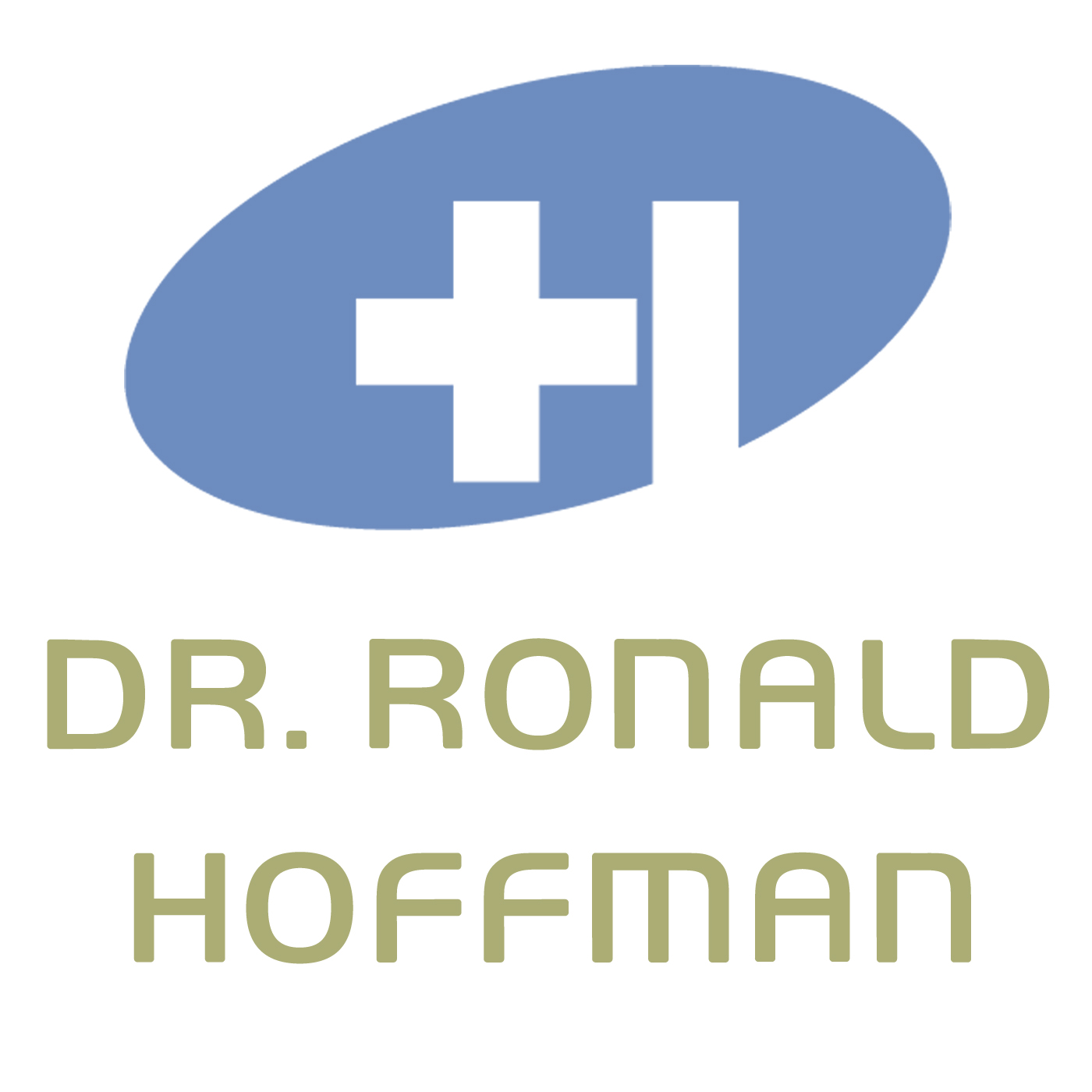| Podcast | |
|---|

|
Clinical Focus: Sulforaphane, A Shield Against Many Cancers, Part 2
July 6, 2016
Dr. Hoffman continues his talk on sulforaphane, one of the most exciting nutrients in the integrated medicine repertoire. Click HERE for part 1.
|
Share:
 |
|

|
Clinical Focus: GERD, Part 1
June 21, 2016
Gastro-esophageal reflux disease GERD affects tens of millions of Americans. Many are relegated to long-term dependency on proton-pump inhibitors (PPIs), powerful acid-blockers that are prescribed for a lifetime. But they are very hard to discontinue due to acid-rebound; additionally they have lots of side effects including nutritional deficiencies, osteoporosis, heart attacks, dementia, kidney disease, IBS, higher risk of stomach infections like C. difficile, pneumonia, and headaches, nausea and rashes. Elimination diets can help; gluten-free, low-carb, FODMAP, and Paleo diets have proven benefits. Certain medications can worsen GERD. So, too, can chronic esophageal Candida infections which are encouraged by long-term acid suppression and can be missed by gastroenterologists. We describe a tapering protocol that has been successfully used by many Hoffman Center patients to get off PPIs. We consider nutraceuticals that can support a successful weaning from PPIs: DGL, Endefen, melatonin, aloe, hydrochloric acid and/or digestive enzymes, probiotics and Iberogast. Read more in this week's article, "NEWSFLASH: Heartburn not caused by excess acidity!," on DrHoffman.com. Click HERE for part 2.
 |
Share:
 |
|

|
Clinical Focus: GERD, Part 2
Dr. Hoffman continues his talk on Gastro-esophageal reflux disease GERD, acid-blockers and their side effects. Click HERE for part 1.
|
Share:
 |
|

|
Clinical Focus: Resilience, Part 1
February 25, 2016
Are you a Warrior, or a Worrier? Your genes may have something to do with this. Resilience may help create a bulwark against disease and premature death. What lessons about resilience can we derive from the example of the ancient Spartans? How can rigorous exercise fortify resilience? What supplements or foods may fortify resilience? What role do hormones play? What attitudes can undermine resilience? Is optimism enough? How can we inculcate resilience in our children? Click HERE for part 2.
|
Share:
 |
|

|
Clinical Focus: Resilience, Part 2
Dr. Hoffman continues his talk on Resilience: Are you a Warrior, or a Worrier? Click HERE for part 1.
|
Share:
 |
|

|
Clinical Focus: IV Vitamin Therapy, Part 1
November 11, 2015
Dr. Hoffman celebrates his 30th anniversary of administering intravenous therapies at the Hoffman Center. Despite the controversies over this "alternative" therapy, IVs have been delivering remarkable results to patients for decades, and now emerging science is finally vindicating them. Why give vitamins and minerals intravenously when you can give them by mouth? Who's a candidate for IV vitamin therapy? What's the Myers Cocktail? What role does intravenous magnesium play in a variety of disorders ranging from fibromyalgia, to chronic fatigue, to cardiovascular problems? What's the latest science on high-dose vitamin C for cancer? How does IV vitamin C combat common infections? How might IV glutathione aid detoxification, improve brain function, and alleviate fatigue? Click HERE for part 2.
|
Share:
 |
|

|
Clinical Focus: IV Vitamin Therapy, Part 2
Dr. Hoffman continues his talk about the benefits of IV vitamin therapies as he marks the 30th anniversary of administering intravenous therapies at the Hoffman Center. Click HERE for part 1.
|
Share:
 |
|

|
Clinical Focus: Wearables and Trackers, Part 1
October 29, 2015
A revolution is underway in wearables and trackers. We can now monitor and score our exercise, our blood pressures, our caloric and macro- and micro-nutrient intake, our blood sugars, our heart rates, our sleep duration and quality, even our sexual activity! What are the pros and cons? On the one hand, we have a wealth of information we can use to set goals and motivate ourselves; On the other, all that self-awareness might be burdensome. Or might "paying it forward” with exercise engender other less healthy behaviors via “moral licensing?” Should we be turning sleep into a competitive activity? Do we really need to stand up and walk around every time our Apple Watch pings us with an alert? What are the device options, ranging from the simplest to the most complex? What are the advantages and drawbacks of the Apple Watch? How do devices that offer wrist pulse measurement compare to devices that use traditional chest straps to record heart rate? Which devices are submersible? Which are stand-alone, and which require pairing with iPhone or Android devices? We cover Apple Watch, Garmin, Polar, TomTom, Mio, Fitbit, Jawbone, Basis and more. Should you go simple and cheap, or expend big bucks for an all-purpose professional-quality tracker? Bottomline, you can’t have it all, and there’s always a trade-off in selecting a device that’s right for you. Click HERE for part 2.
 |
Share:
 |
|

|
Clinical Focus: Wearables and Trackers, Part 2
Dr. Hoffman continues his talk on the pros and cons of wearables and trackers. Click HERE for part 1.
|
Share:
 |
|

|
Clinical Focus: Natural Treatments of Prostate Cancer, Part 1
July 21, 2015
Prostate cancer offers a proving ground for the proposition that diet, lifestyle, and supplements can not only prevent cancer, but can influence its progression once it’s diagnosed. Strong evidence is accumulating for the benefits of healthy diet, stress reduction, and exercise for boosting prostate cancer survival. What are the best foods to eat? How much exercise is optimal? Does stress impact prostate cancer prognosis? Does more sex ward off prostate cancer? What are the Top 20 supplements for prostate cancer? Click HERE for part 2.
|
Share:
 |
|
|




























